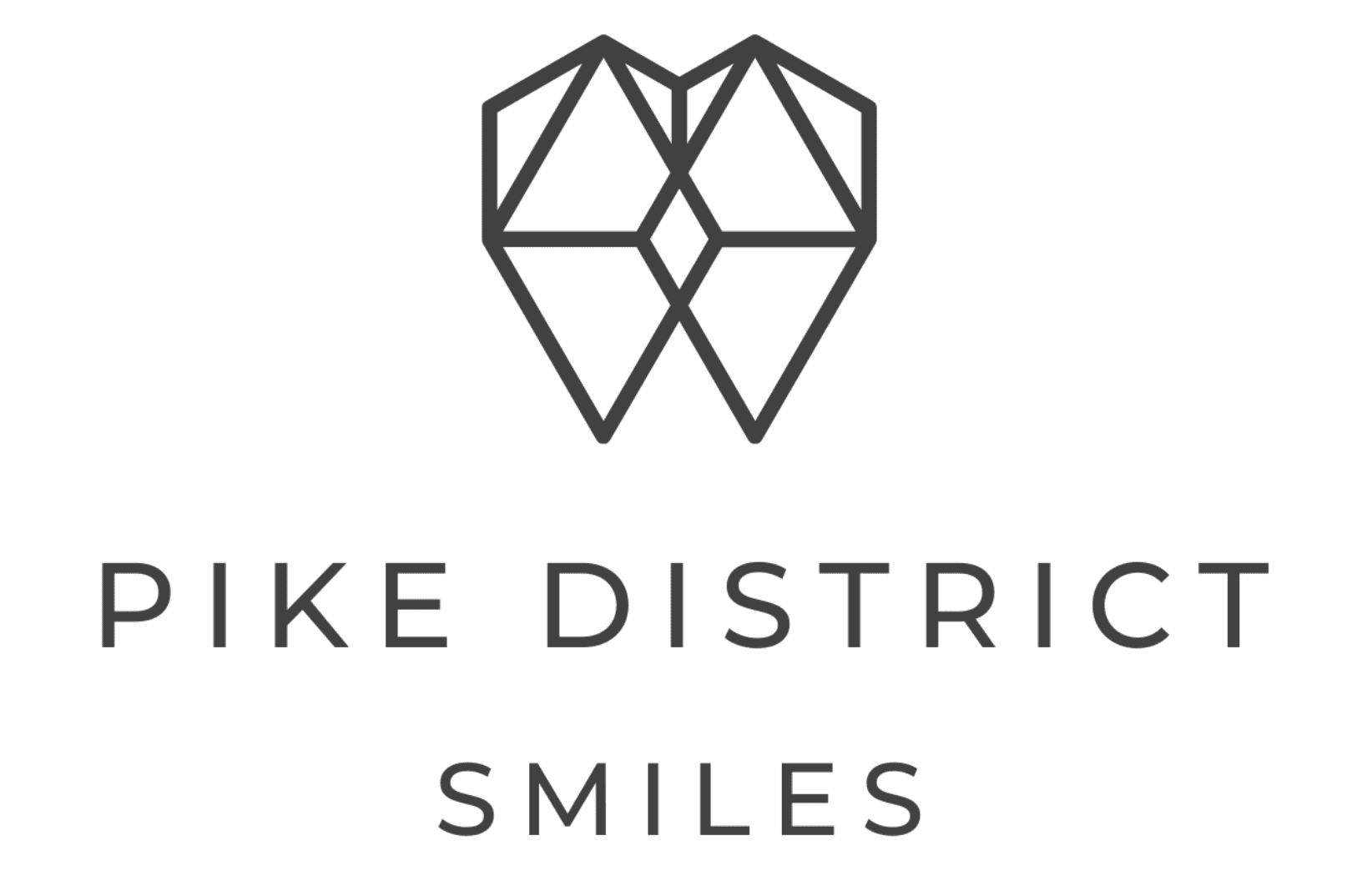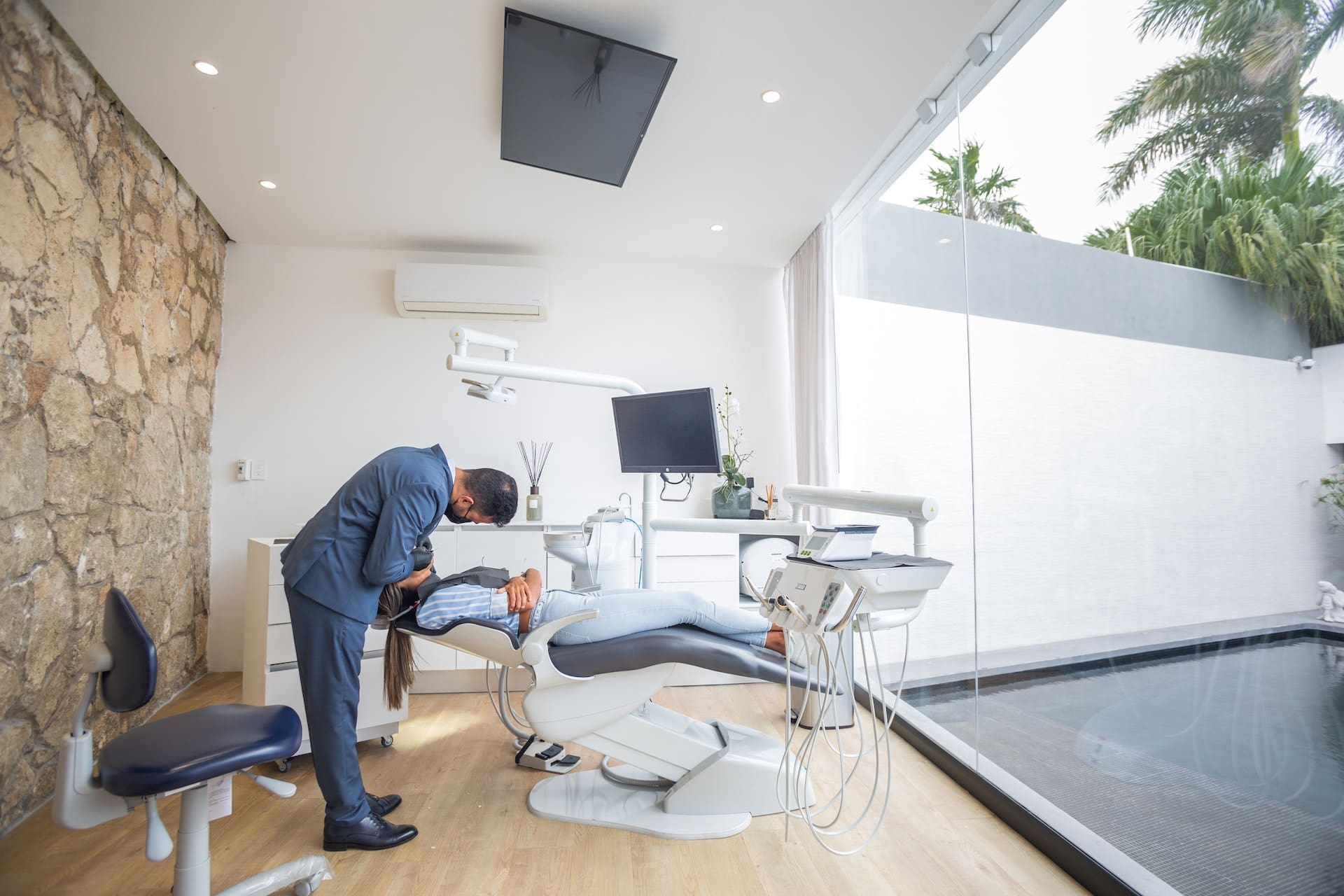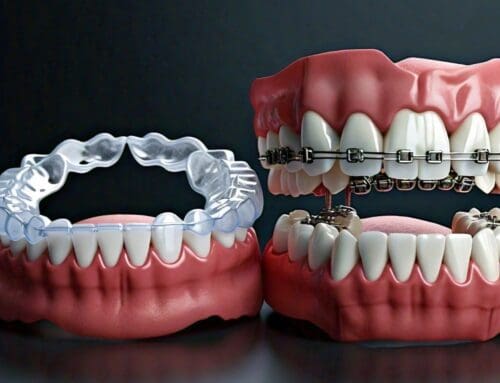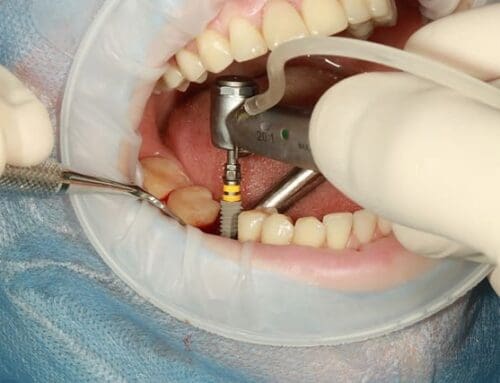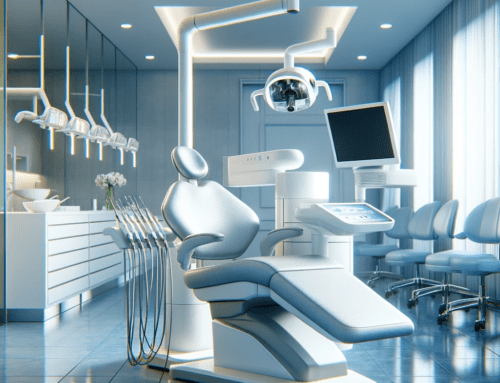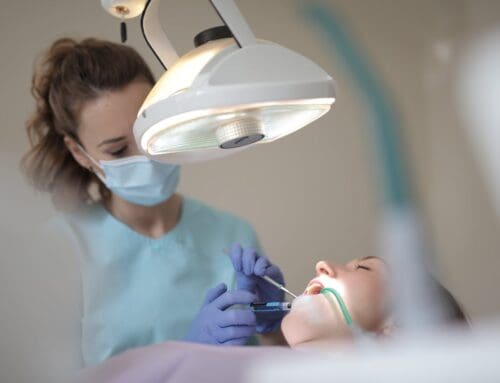Oral sedation is a popular option for patients who feel anxious or fearful about dental procedures. It involves taking medication to help you relax and feel comfortable during your appointment. In this article, we’ll go over what you can expect during oral sedation and how it can help you feel more at ease in the dentist’s chair.
What Is Oral Sedation?
Oral sedation is a form of conscious sedation where a patient is given medication to help them feel relaxed during a dental procedure. The medication is usually in the form of a pill or liquid, and it is taken orally before the dental appointment. The medication is designed to help patients feel calm and relaxed, but they are still able to respond to the dentist’s instructions.
What to Expect during Oral Sedation?
Before the Appointment:
Before the procedure, your dentist will evaluate your medical history and ask about any medications you are taking. It is important to disclose all medications, including over-the-counter drugs and supplements, as they may affect the effectiveness of the sedative or interact with other medications.
Your dentist will explain the type of sedative that will be used and the dosage. Depending on the level of sedation required, the dosage may vary. Your dentist will also provide instructions on what to eat or drink before the procedure.
During the Appointment:
Once you arrive at the dentist’s office, the dentist or dental hygienist will monitor your vital signs to ensure that the medication is working correctly. They will also ask you how you are feeling and if you are experiencing any discomfort.
When the medication takes effect, you will feel relaxed and drowsy. Some patients may even fall asleep during the procedure. However, you will still be able to respond to the dentist’s instructions.
After the Appointment:
After the procedure, you will need to rest for a few hours until the effects of the sedative wear off. You may feel drowsy or dizzy, so it is important to have someone accompany you home and avoid operating heavy machinery or engaging in activities that require alertness.
Your dentist will provide instructions on post-operative care and recommend pain relievers if necessary. It is important to follow these instructions carefully to ensure a smooth recovery.
Benefits of Oral Sedation:
Oral sedation can provide many benefits for patients who experience dental anxiety or fear. It can help patients feel more relaxed and comfortable during the procedure, which can reduce pain and discomfort. Oral sedation can also help patients with a gag reflex or those who have difficulty sitting still for long periods.
Risks of Oral Sedation:
Like any medication, oral sedation carries some risks. There is a risk of allergic reactions or adverse side effects, such as dizziness or nausea. It is essential to discuss any pre-existing medical conditions or medications you are taking with your dentist before taking oral sedation.
Conclusion
Oral sedation is a safe and effective way to manage dental anxiety and fear. It provides a relaxing and comfortable experience for patients who may have had negative experiences in the past.
If you are scheduled for oral sedation, follow the dentist’s instructions carefully and discuss any pre-existing medical conditions or medications you are taking with them before taking oral sedation, as outlined in this article.
With proper planning and communication, oral sedation can provide many patients with a comfortable and stress-free dental experience.
Are you one of the many people who experience dental anxiety? You are not alone. Many people avoid dental visits due to anxiety or fear, which can lead to more serious dental problems in the long run.
Luckily, at Pike District Smiles, we understand that dental anxiety is a real problem. That’s why we offer dental oral sedation to help you relax and feel comfortable during your dental procedure. Contact us today to schedule an appointment!
